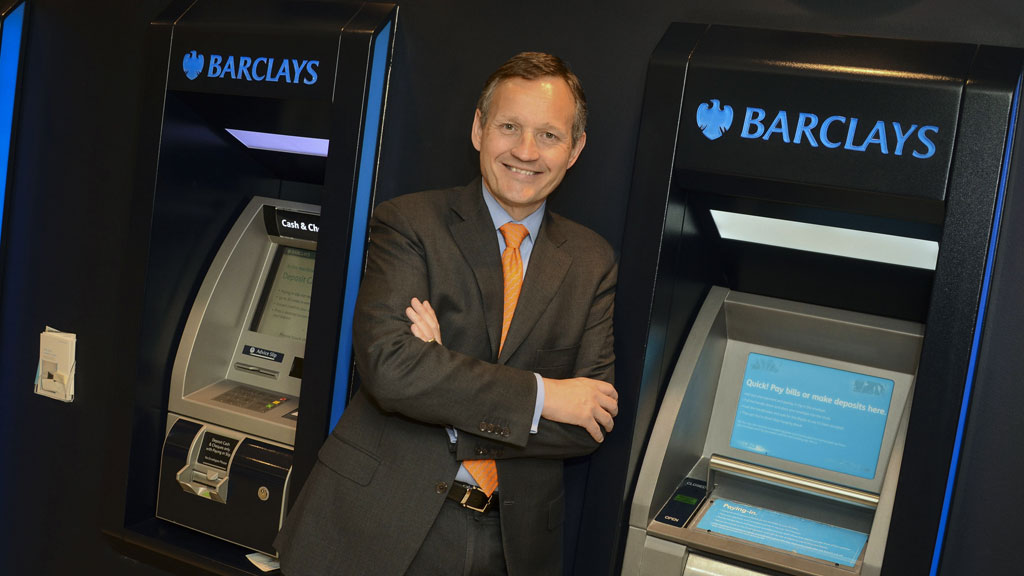Barclays cuts bonuses to cover cost of mis-selling
Barclays chief executive Antony Jenkins says he is “shredding” Bob Diamond’s legacy as he tells MPs that bonuses will be cut to compensate people wrongly sold financial products.

Mr Jenkins, who took over as chief executive in August, said he had repeatedly raised concerns with the board and his predecessor about the culture at the bank and that “actions” were needed rather than words.
He told the Parliamentary Commission on Banking Standards that the culture under Bob Diamond was “aggressive” and “self-serving”.
He said the bonus pool for 2012 had already been “substantially” reduced following following the Libor rate-rigging scandal, which led to Mr Diamond’s resignation.
But Barclays executives were not prepared to answer questions about claims that the bank loaned money to Qatar in 2008 which was then used to buy Barclays shares.
‘Very difficult’
Mr Jenkins said last week he would waive his bonus for 2012 after a “very difficult” year for the bank.
Barclays has allocated another £1bn to compensate people who were wrongly sold financial products.
More than half – £600m – will go to those mis-sold payment protection insurance (PPI), and is on top of the £2bn Barclays has already put aside.
The rest of the money – £400m – is to cover mis-sold interest rate swaps to small businesses. This is in addition to the £450m previously allocated.
Barclays is among several banks whose selling practices have been criticised by customers.
Shailesh Raikundlia, an analyst at Espirito Santo investment bank, said the extra cash earmarked by Barclays “clearly suggest that further provisions are likely by other UK banks”.
Widely sold
PPI was widely sold to consumers as a way to keep up payments on loans, mortgages and credit card payments if they were ill or lost their jobs. In many cases, the insurance was inappropriate, unwanted, or unworkable.
Lloyds, which is part-owned by the taxpayer, has set aside £5.3m for PPI compensation.
Investec analyst Ian Gordon said the extra money for mis-sold interest rate swaps – products meant to protect businesses if their interest rates went up – was lower than he had forecast, suggesting “that the overall redress on that issue will be nowhere near as severe as PPI”.